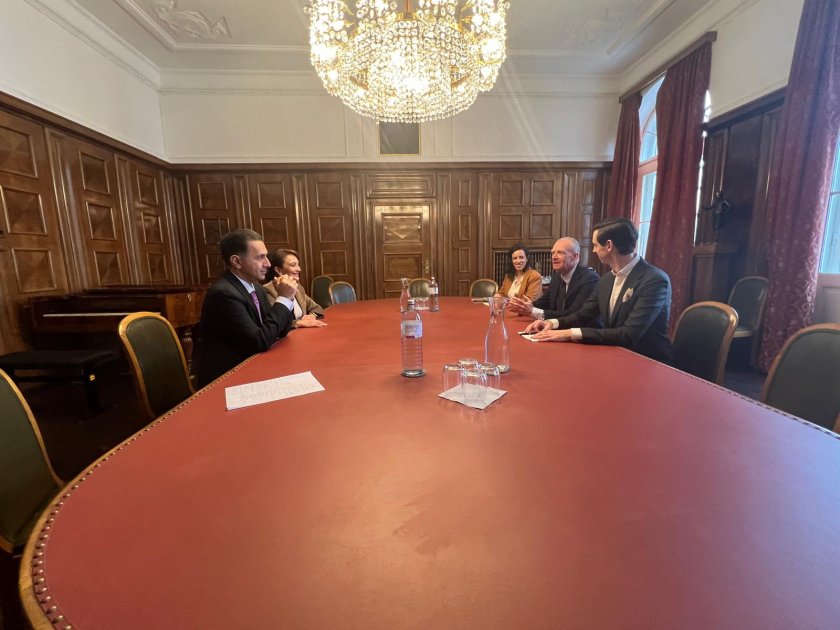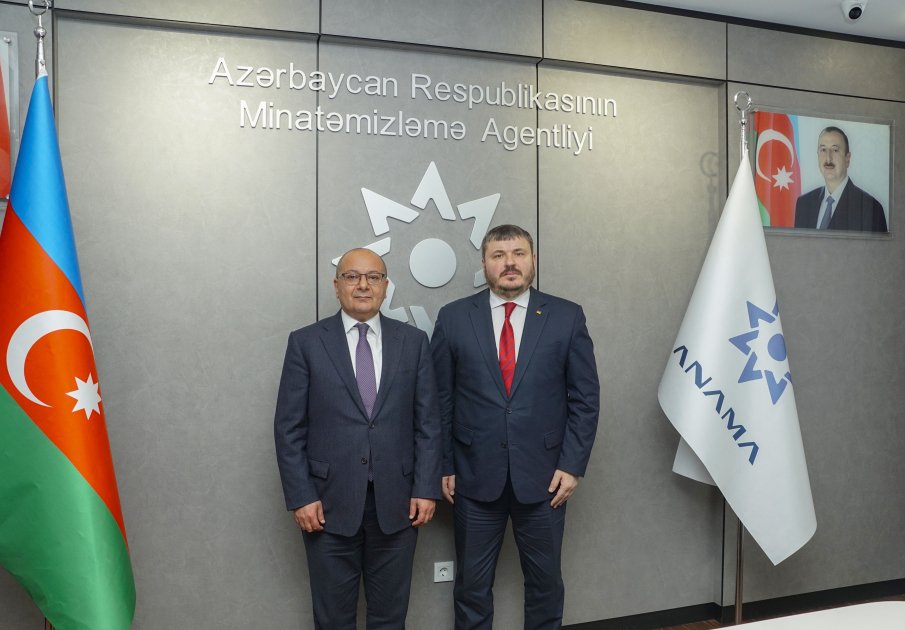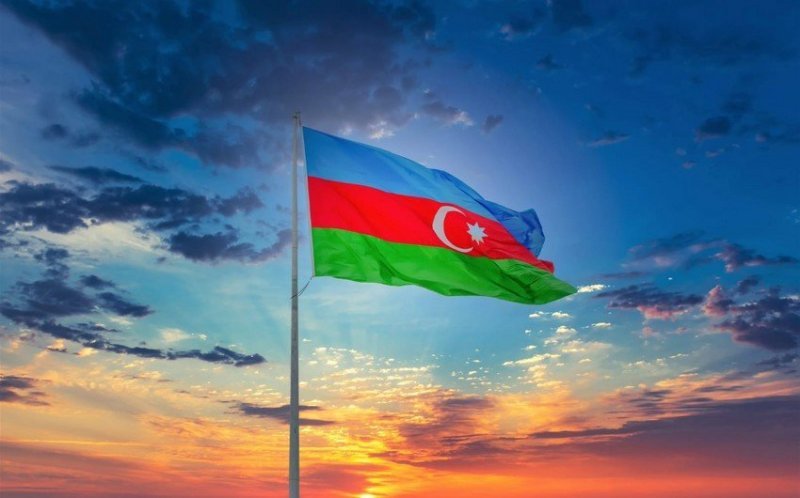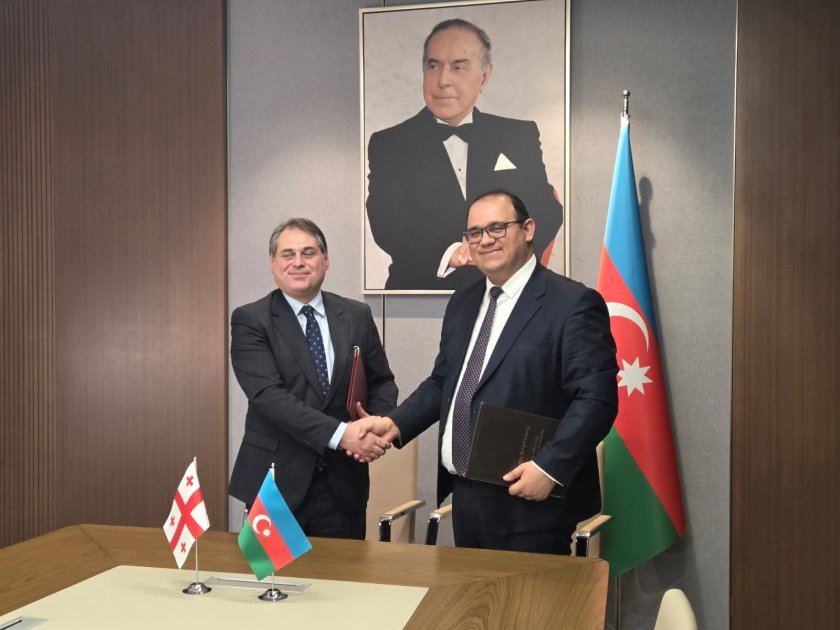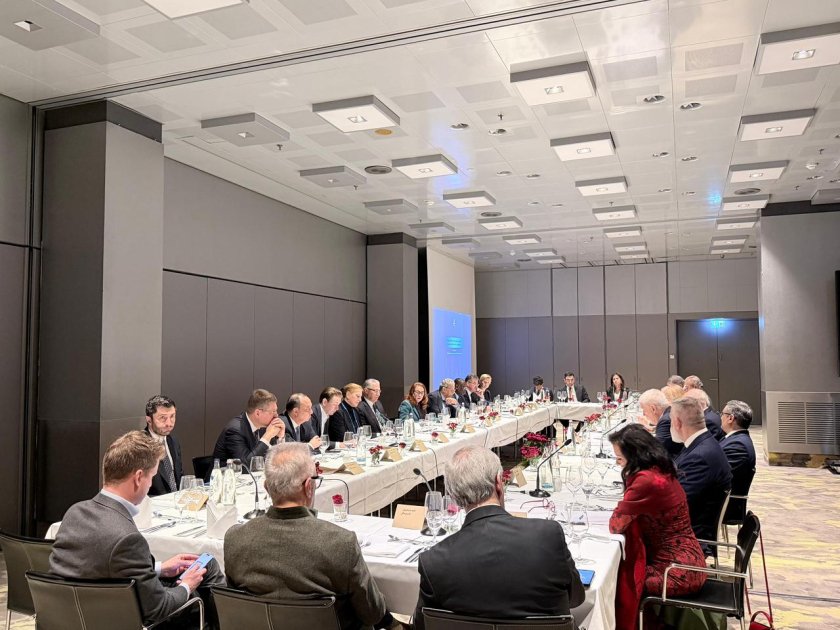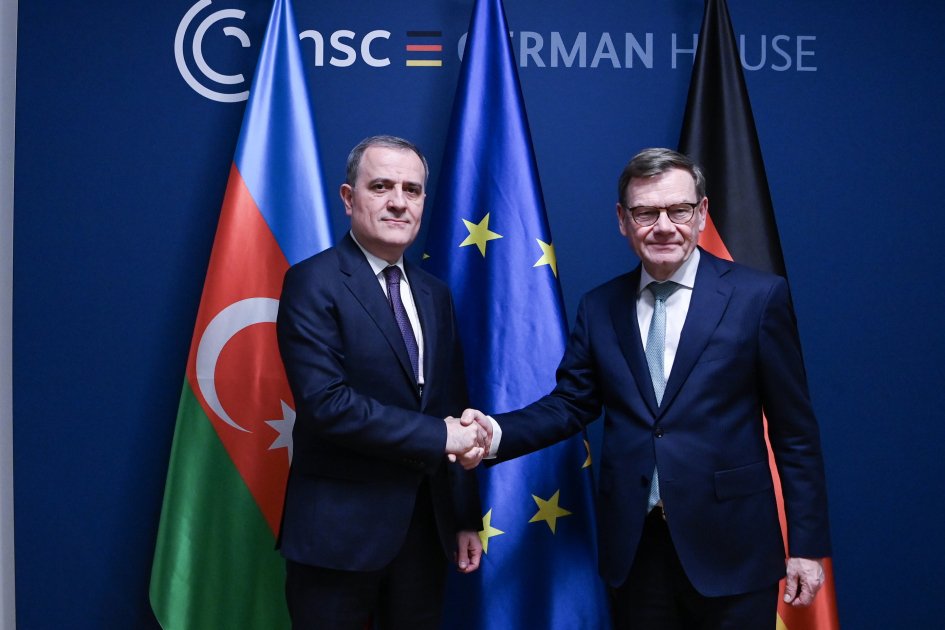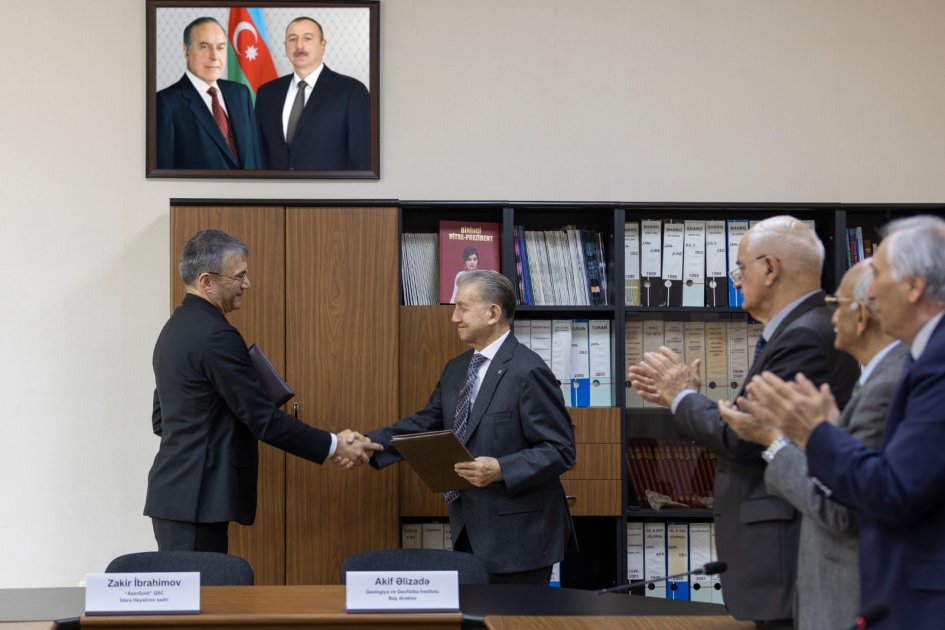Baku, June 10, 2025 – The Europe Today: The Ministry of Foreign Affairs of Azerbaijan has issued a strong rebuke following comments made by Vladimir Medinsky, Assistant to the President of the Russian Federation, during a June 9 interview with Russia Today, in which he described the Karabakh region as a “disputed territory” — a characterization Azerbaijan firmly rejects.
Aykhan Hajizadeh, spokesperson for Azerbaijan’s Foreign Ministry, expressed “regret and surprise” over the statement, calling it a distortion of historical and legal facts regarding the Armenia-Azerbaijan conflict.
“It is surprising that Mr. Medinsky, who also chairs the Interagency Commission for Historical Education in Russia, is either unaware of or chooses to ignore the reality that Karabakh has never been a disputed territory, but is historically and legally part of Azerbaijan,” Hajizadeh said.
Strong Diplomatic Language
In a sharply worded statement, Hajizadeh reminded the Russian official that:
- Russia itself recognizes Karabakh as Azerbaijani territory, in line with international law and bilateral commitments.
- The Minsk Group co-chairmanship, which Russia was a part of, also acknowledged Azerbaijan’s territorial integrity as the basis for conflict resolution.
- Equating Karabakh with Ukraine in the context of conflict is, in Baku’s view, “inappropriate and misleading.”
“Azerbaijan has never violated the territorial integrity of any other state. The 2020 Patriotic War and the 2023 anti-terrorist measures were carried out entirely within Azerbaijan’s sovereign and internationally recognized borders,” Hajizadeh emphasized.
A Warning Against Diplomatic Missteps
The Azerbaijani official concluded by advising Vladimir Medinsky to refrain from making inaccurate statements on issues outside his remit, warning that such comments could damage interstate relations.
“False claims made by officials without proper jurisdiction do not serve historical truth or constructive diplomacy. We urge responsibility and accuracy, particularly from high-level advisers,” Hajizadeh stated.
The exchange underscores the sensitive geopolitical dynamics in the South Caucasus, where international statements — particularly from major powers like Russia — continue to resonate deeply in post-conflict narratives and regional diplomacy.

